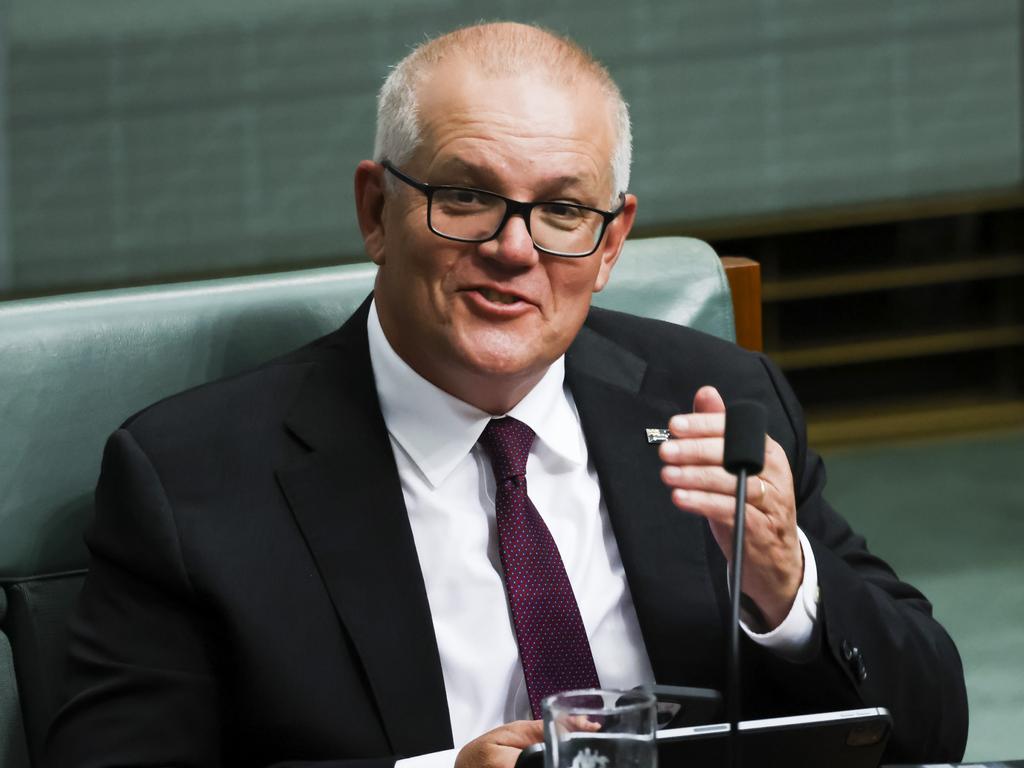
We will learn the inner details of who was involved and what they did, plus the cultural problems that appear to exist in the firm. And I would also hope that international law firm Linklaters will perform a similar role on the global stage.
But there is a much bigger global issue that needs to be tackled, and I am not sure either Switkowski or Linklaters will see it as part of their brief.
The deeper issues raised by the affair go beyond a simple breach of government confidentiality by the accounting giant.
They will lead to the question of whether it is possible under current complex taxation systems for governments to raise taxation revenue from the multinational technology giants that reflects the tax levels that locals pay.
In Australia, the iron ore, gas and coal booms have obscured the fact that an enormous part of non-mining Australia is now dominated by a few technology companies who slash tax by legal international manoeuvres.
The hidden message behind the PwC affair is that it simply may not be possible under the current accounting rules for local administrations, like the Australian Taxation Office, to counter the profit churning that takes place as information rather than physical goods swirls around the world.
A simpler enterprise system of taxation might be required based on cash flow.
With all the best will in the world, government tax offices like those in Australia don’t have the detailed knowledge of the latest intricacies that the major multinationals can embrace to lower their tax payments in both individual countries and internationally.

As soon as tax administrations uncover a scheme and stop it, three more are born.
There are now a global tax minimum rules, but they have limited impact.
In Australia, the government relied on the extensive tax knowledge housed in PwC and paid them hundreds of millions to gain access to that information and expertise to streamline Australian international tax collection methods.
But PwC, as the world’s largest accounting firm, also has among its clients most of the major technology-based multinationals.
The senior partners in PwC both in Australia and globally set up elaborate confidentiality boxes so that they could serve both governments collecting the taxes and their company clients who legally set about using PwC knowledge to reduce their total tax.
Because the PwC partners had high reputations, everyone overlooked the obvious deep conflicts.
In Australia, at least, they could not manage the two confidentiality boxes. Somewhere along the line, information about government proposed actions against multinationals left the PwC ATO confidentiality box and went into the multinationals’ tax minimisation boxes.
We do not know whether the multinationals knew they were sharing confidential information about government strategies.
We also don’t know whether sometime in the past the information has gone the other way and secret plans by multinationals to reduce their tax has ended up in the hands of the ATO.
Top Australian partners of PwC have been falling on their swords.
But the whole affair was so clumsy that I can’t believe senior partners of any major accounting firm, let alone PwC, would have been engaged in such a crude information harvesting operation
In Melbourne, Nicola Gobbo, who represented criminal clients and then passed on “client information” to police, at least had some sophistication in her operation.
The shockwaves that will vibrate from the PwC affair will spread. The PwC breakdown of its education and training on the importance of confidentiality agreements is a warning to other large accounting firms. They are only as strong as their weakest link.
The government can go to other accounting firms, but there are few that had the same level of multinational tax expertise as PwC.
I believe it’s time to look once again at cash flow accounting in taxation systems
My long time readers will remember I raised this issue on several occasions after US Republican and former house speaker Paul Ryan devised a cash flow system of taxation that was endorsed by Donald Trump in fighting for the Presidency.
President Trump then abandoned the idea, perhaps because if the system took off around the world, the US giants would have less money to send back home.
I detailed the system on August 5, 2019 under the heading Cash flow is a fairer way to tax business.
In brief, Paul Ryan’s cash flow tax would have as its base net cash flows, being taxable revenue less non-financing cash outlays, encompassing operating costs plus capital expenditure that becomes tax-deductible. As an offset, interest and other financing costs are non-deductible, except for finance organisations like banks.
No deduction would be allowed for imported services, unless the transaction is at arm’s length and relates to current costs of goods and services directly applied to producing the service for which a deduction is claimed.
Clearly the system has to be modelled for Australia, but we need to start looking at the PwC lessons.







I have no doubt that Ziggy Switkowski will get to the bottom of what went wrong in the PricewaterhouseCooperswC Australia taxation scandal.